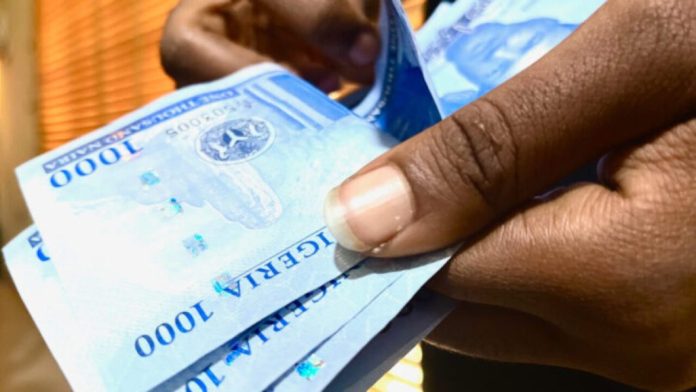Monies deposited by Deposit Money Banks (DMB) and merchant banks with the Central Bank of Nigeria (CBN) have increased to ₦2.99 trillion in the first half of 2023.
When compared to the total amount deposited within the same period in 2022 (₦2.26 trillion), the banks’ deposits increased by 32.5%.
The total amount of deposits made by the DMBs and merchant banks in June rose to ₦579.27 billion indicating an increase of 25.4 percent when compared to ₦461.85 billion in May 2023.
When compared on a year-on-year basis, the deposits with CBN – also known as Standing Deposit Facility (SDF) indicate an increase of 118.34% when compared to ₦265.31 billion deposited by banks and merchant banks deposits in June 2022.
Standing facilities – deposit and lending, (SDF, SLF) are liquidity instruments used by the CBN which serve as a means of absorbing surplus funds from banks. The cash crunch associated with the naira redesign policy had caused bank deposits with the CBN to drop by 95.82% in less than two months.
Read more: Old Nigerian traditions that are still practised today
Data from the CBN showed that banks’ deposits dropped from ₦112.24 billion on February 10, 2023, which was the date the FG extended the timeline for the return of the ‘old’ notes, to ₦4.69 billion as of April 4, 2023. While the deposits increased during the period in review (H1 2023), CBN’s lending to banks was noticed to have decreased.
According to a report by ThisDay, the decline in SLF has been traced to cash scarcity caused by the inability of some businesses and individuals to continue generating significant amounts of cash to be deposited with the CBN.
Experts say most of the affected businesses have been threatened by factors which include rising inflation, insecurity, challenges caused by supply chain, poor purchasing power, low level of productivity, rising unemployment













